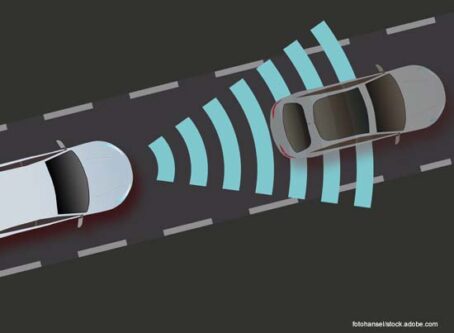Ag hauler rule goes into effect
Truck drivers hauling agricultural loads should have a more clear understanding of which loads qualify for hours-of-service exemptions.
FMCSA’s interim final rule clarifying ag hauler definitions in the hours-of-service regulations went into effect on Wednesday, Dec. 9.
Drivers transporting agricultural commodities, including livestock, from the source of the commodities to a location within 150 air miles of the source, during harvest and planting seasons, are exempt from the hours-of-service requirements. In addition, the hours-of-service requirement for a 30-minute rest break does not apply to drivers transporting livestock in interstate commerce while the livestock are on the commercial motor vehicle.
The updated rule clarifies the definitions of “any agricultural commodity, “livestock,” and “nonprocessed food.”
As part of the ag hauler clarification, “any agricultural commodity” includes horticultural products at risk of perishing or degrading in quality during transport. That includes plants, sod, flowers, shrubs, ornamentals, seedlings, live trees, and Christmas trees.
The “livestock” definition now will include insects and all other living animals cultivated, grown, or raised for commercial purposes, including aquatic animals.
“Nonprocessed foods” include fresh fruits, vegetables and cereal and oilseed crops that have been minimally processed by cleaning, cooling, trimming, cutting, chopping, shucking, bagging, or packaging to facilitate transport by commercial motor vehicle.
According to FMCSA, the changes were prompted by indications that the current definitions were difficult to understand and enforced inconsistently.
After receiving feedback from an advance notice of proposed rulemaking, the FMCSA elected to bypass the typical next step of issuing a notice of proposed rulemaking. Instead, the agency believed it had enough information to move forward with an interim final rule. By doing so, the updated definitions went into effect much sooner. LL









